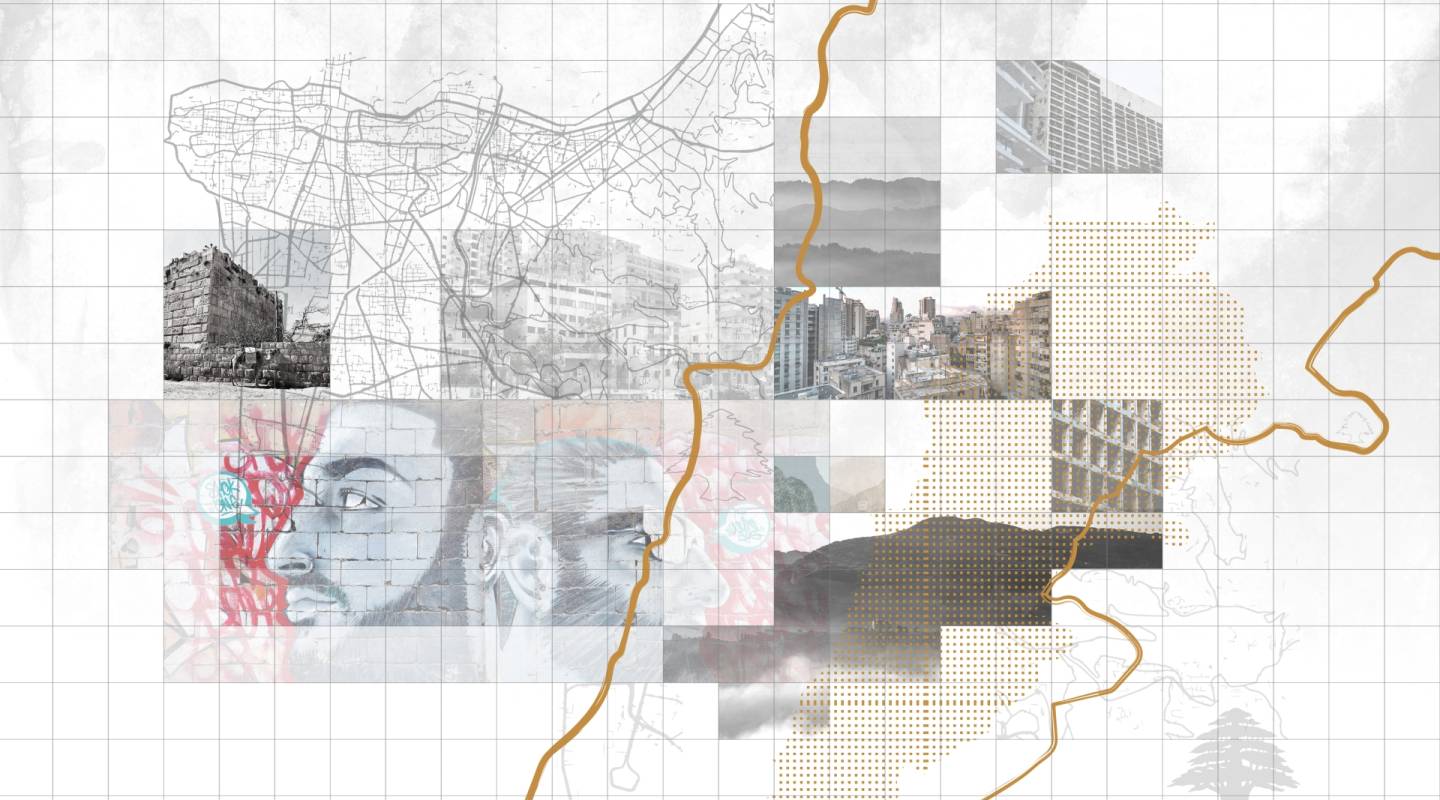
Lebanon
Capital city — Beirut
Incarceration rate (per 100,000 inhabit…
i09/2020Country population
Type of government
Human Development Index
0.744(92/188)
iHomicide rate (per 100,000 inhabitants)
iName of authority in charge of the pris…
Ministry of Internal AffairsA decree on 28 Au…
Total number of prisoners
6,593This number does…
i19/05/2022Prison density
191 %Lebanese prisons…
i07/06/2023/ Amnesty InternationalTotal number of prison facilities
i2022An NPM has been established
yesSeveral proposals…
Female prisoners
i09/2020Incarcerated minors
i09/2020Percentage of untried prisoners
55.5 %80% of the prison…
i07/06/2023/ Amnesty InternationalDeath penalty is abolished
noThe death penalty…
Security, order, and discipline
Security measures
Security functions are fulfilled by
the police or gendarmerie
Security personnel are members of the Internal Security Forces (FSI), a corps of the Lebanese police.
Some prison facilities, units or cells implement high-security measures
During a visit on 29 April 2022, Lebanon’s National Committee for the Prevention of Torture (NHRC-CPT) noticed that surveillance cameras were located inside cells in Rihanieh’s Military Police Prison. The authorities explained that the cameras were there for security reasons and that it was common practice in military prisons.1
National Human Right Commission including the Committee for the Prevention of Torture (NHRC-CPT) / Lebanon’s National CPT – Report to the UNSPT, 2022, p. 13-15 ↩
The prison service has not been trained in dynamic security.
Body searches do not follow specific guidelines.
Security staff carry
non-lethal weapons
FSIs are not allowed to carry firearms within prison. However, they can to use them in situations deemed emergencies (riots, hostage taking).
Incidents
Number of escapes
Individual acts of protest are recorded
-
Collective movements are recorded
-
There are frequent protests in Roumieh Prison.[^protestation] The UN Committee against Torture noted that prison overcrowding leads to loss of control by prison guards and subsequently prison riots, as was the case in 2011 and 2015.1
In 2011, prisoners rioted for four days. They demanded better living conditions and shorter pre-trial detention periods. Two prisoners were killed and around 40 were injured by the FSIs.
In 2015, a riot broke out after prisoners were transferred from Building B to a different building with more restrictive detention conditions.2 Prisoners burned mattresses, and broke doors, cameras, and lamps. The FSIs used violence to suppress the uprising. Some prisoners were tortured. Video footage was leaked and shared on social networks. The authorities acknowledged the events and pledged to conduct a transparent investigation and take disciplinary action.3
In 2020, protests broke out, in Roumieh, Qobbeh, and Zahle between March and July, amidst the COVID-19 health crisis.
UN Committee against Torture, “Consideration of reports submitted by States Parties under Article 19 of the Convention, Initial reports of States Parties due in 2001”, 14 April 2016, § 435, p. 84. ↩
ECPM’s investigators found that *“The media reported that visits by prisoners in Building B had previously been relatively unrestricted. Prisoners had mobile phones and knives at their disposal, and there was even an functional terrorist operation room in Building B.” ↩
Human Rights Committee, “Concluding observations on the third periodic report of Lebanon” 9 May 2018, § 29, p. 6. ↩
Disciplinary regime
Breaches of discipline are clearly defined in writing
Disciplinary offences are defined by the Ministry of Internal Affairs’ prison regulations (Article 102 of Decree No. 14130). Disciplinary sanctions may be imposed :
- in the event of an altercation between prisoners
- for breaches of hygiene rules
- for refusal to work
- for damage to buildings and equipment
- for attempted escape
- for insurrection and disobedience
- for various breaches of the prison regulations.
Disciplinary sanctions may take the form of inter alia, prohibiting walks/visits/food purchases, and being placed in solitary confinement.1
Together against the Death Penalty, Carole Berrih and Karim El Mufti, “Living Without Being: Fact-Finding Mission, Lebanon”, 2020, p. 91. ↩
Solitary confinement
Solitary confinement can be used as
- punishment
- protection
- security measure
Prison governors may choose to put a prisoner in “incommunicado detention in solitary confinement”. This is an extreme disciplinary measure taken to “ensure the safety of other prisoners or the person being held in solitary confinement”. Solitary confinement can last anywhere from four to thirty days.1 The ECPM fact-finding mission found that almost half of all death row prisoners have been placed in solitary confinement at least once. The reasons for their confinement vary: possessing a telephone, fighting, going on a hunger strike, rioting, and appearing “nervous”.2
UN Committee against Torture, “Consideration of reports submitted by States Parties under Article 19 of the Convention, Initial reports of States Parties due in 2001”, 14 April 2016, § 128-130, pp. 26-27. ↩
Together against the Death Penalty, Carole Berrih and Karim El Mufti, “Living Without Being: Fact-Finding Mission, Lebanon”, 2020, p. 111. ↩
Solitary confinement is decided
by the prison governor
The duration for placement in solitary confinement is limited
yes, 30 days
Specific cells are used for solitary confinement. The Lebanese Centre for Human Rights visited some of these cells in 2009. It reported: “The solitary confinement cells in Tripoli Prison for men are in a completely unacceptable state. The walls are covered in excrement and the space is incredibly small (a mattress cannot even fit inside). At the time of our visit, a bottle full of urine was still on the floor of the cell. It was clear that the cell’s previous occupant had only recently been released.”1
Lebanese Centre for Human Rights, “Prisons in Lebanon: Humanitarian and Legal Concerns”, 2010, p. 39. ↩